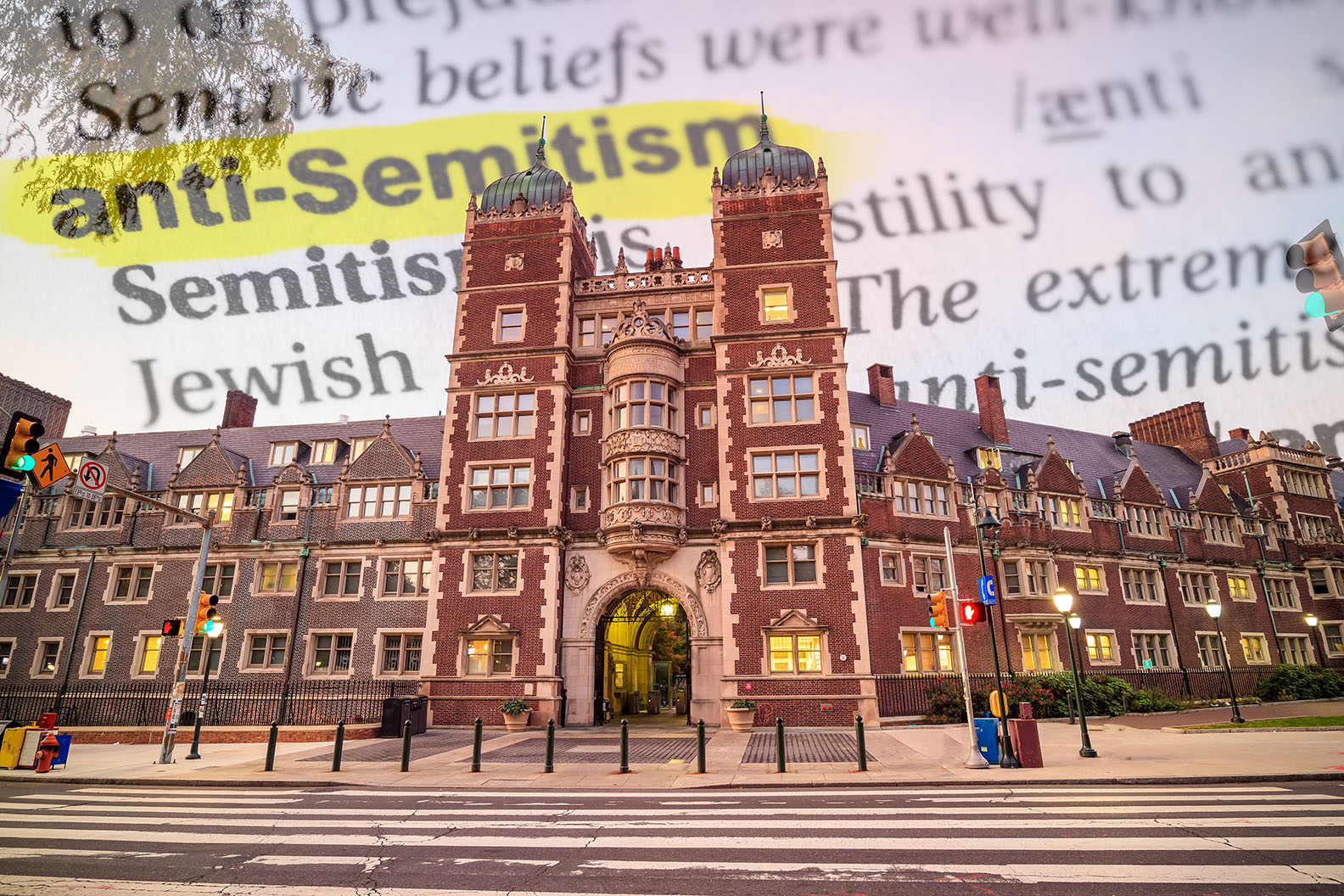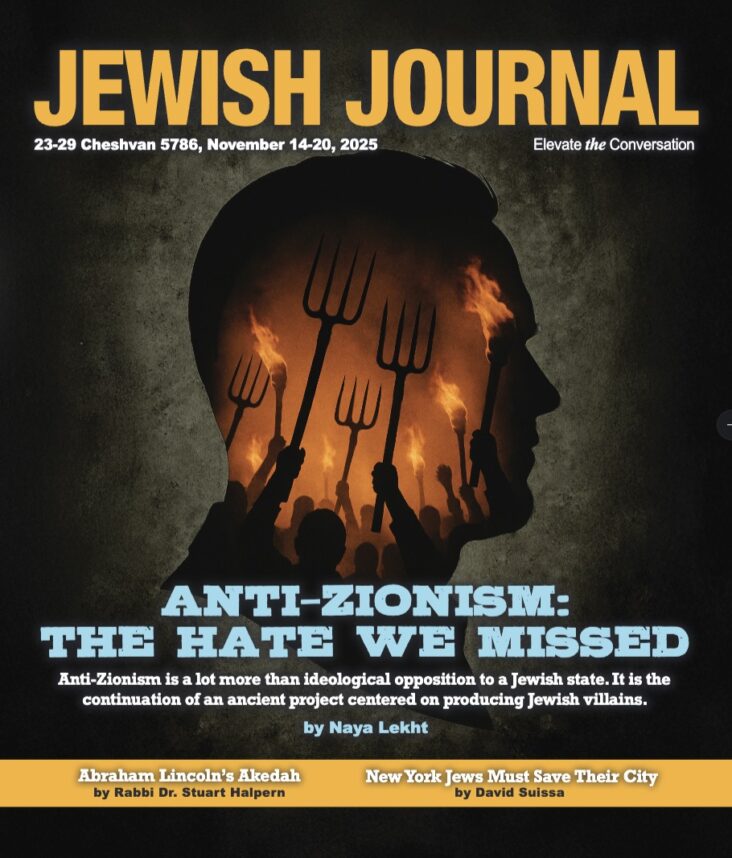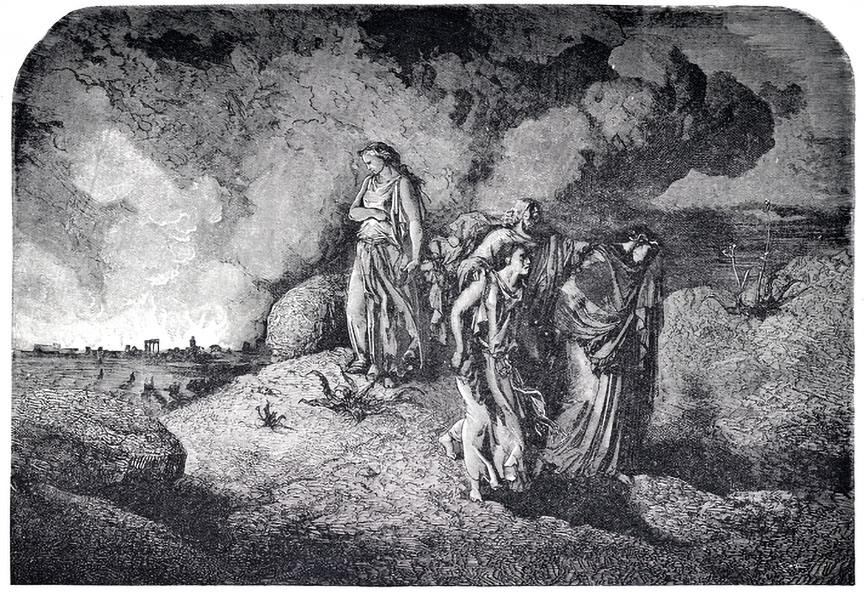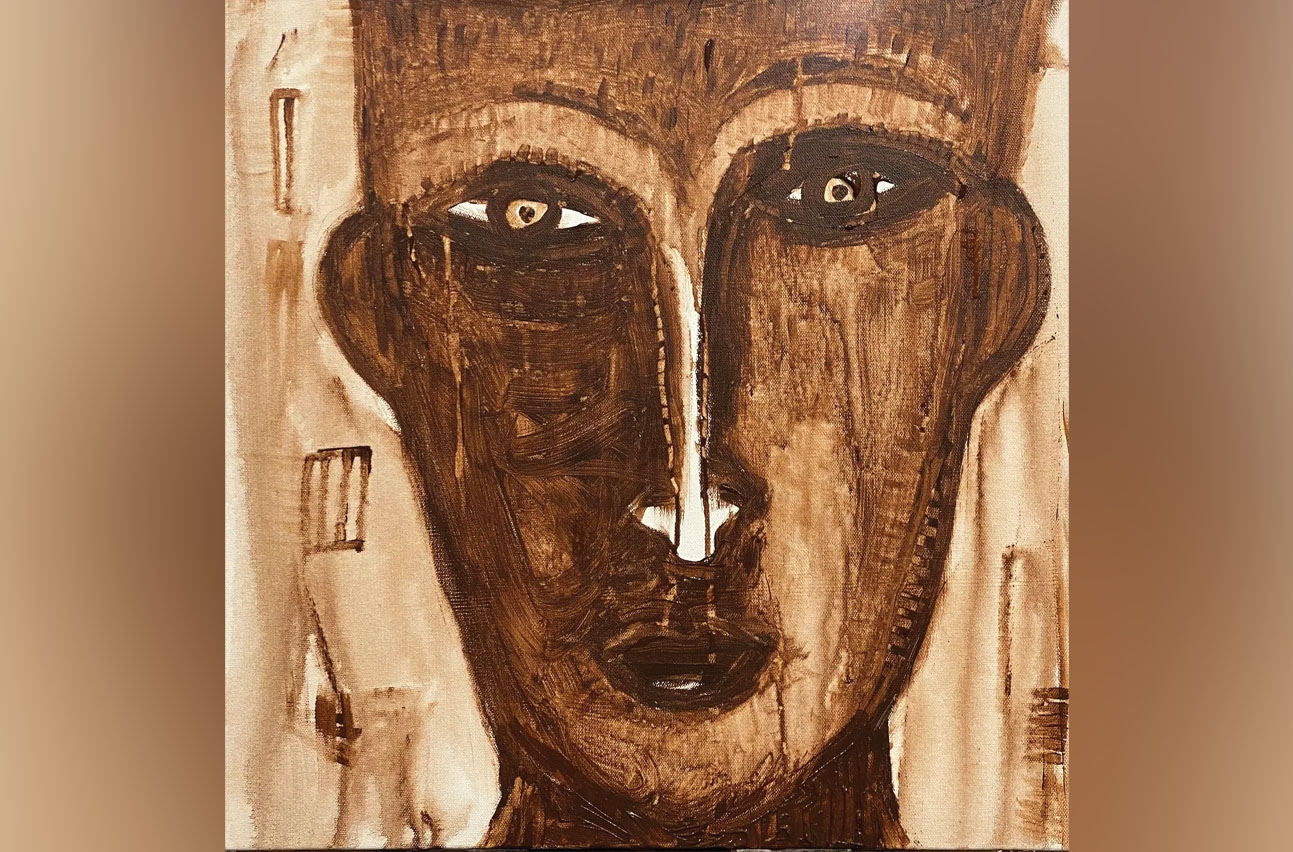
Members of the University of Pennsylvania’s Board of Trustees as well as various university alumni and students signed onto letters expressing concern over the university hosting the Palestine Writes Literature Festival this past weekend.
The Daily Pennsylvanian (DP) reported on September 21 that one such letter “was signed by more than 2,000 Penn alumni and University affiliates,” which “included numerous current and former members of the University Board of Trustees, members of boards across multiple Penn schools, and notable donors to the University.” The DP listed the names of the current trustees who signed onto the letter as being Andrew Heyer, Marc Rowan and Robert Stavis. The letter itself stated that the signatories “are deeply concerned about the many scheduled speakers at the upcoming event who have a history of antisemitic rhetoric, actions, and hostility towards Jewish people. The fact that University of Pennsylvania academic departments are co-sponsoring the Festival and its platforming of outright antisemitism without denunciation from the university is unacceptable.” The letter argued that the university “should be doing all within its power to distance itself from the event’s antisemitic speakers” and that “neither academic freedom nor freedom-of-speech principles prevent the university from using its own voice to speak out against antisemitism wherever and whenever it occurs, especially on campus.”
The letter urged the university to condemn “the event’s platforming of antisemitic speakers,” make sure that it doesn’t appear that the university in any way endorses the festival, ask the departments that sponsored the festival to “clarify what their co-sponsorship means and distance themselves from the antisemitic speakers who will be featured at the event” and establish “mandatory antisemitism awareness training across the University.”
“As alumni and supporters of University of Pennsylvania, we value its reputation and remain steadfast in our commitment to upholding its values,” the letter concluded. We ask that you take the steps above to ensure the same.”
Another letter, authored by Penn student Eyal Yakoby and signed by more than 200 students, argued that “we are students who welcome diversity of thought and benefit from different perspectives, yet some speakers of this event have no business being on a college campus,” citing former Pink Floyd frontman Roger Waters as an example; the students pointed to the fact that the city of Frankfurt referred to Waters as “one of the most widely known antisemites in the world.” Waters spoke at the event virtually, as he claimed he was banned from speaking on UPenn’s campus.
The letter, which was obtained by the Journal, also pointed to academic Marc Lamont Hill, who was fired from CNN in 2018 after calling for a “Free Palestine, from the river to the sea.”
“Based on the track records of these individuals, we, as Penn students, feel very uncomfortable, targeted, and unable to fully learn in a hostile environment,” the letter stated, further arguing that some of the festival speakers violate the university’s community standards.
University President Elizabeth Magill sent a letter to Anti-Defamation League (ADL) CEO Jonathan Greenblatt on Wednesday saying that while the festival is “intended to be an important and welcome showcasing of Palestinian art and culture, the inclusion of some speakers in this festival, prominently Roger Waters – who has been condemned by (among others) the US. Department of State for a long history of denigrating Jewish people – is deeply offensive, misaligned with the festival’s stated purpose, and stands in direct opposition to our institutional values.” She added that the university has taken some steps in response to the festival, including meeting with academic leaders from the School of Arts and Sciences, students leaders, representatives from Penn Hillel, making sure that Arts and Sciences are not mandated to attend the festival and “students who are interested in Palestinian art and culture” and increasing security for the campus Hillel.
Additionally, the university is making sure that their equity and inclusion programs include antisemitism and using the International Holocaust Remembrance Alliance (IHRA) definition of antisemitism and reviewing how outside groups “can reserve space and host events on campus.”
However, the Louis Brandeis Center for Human Rights Under Law sent a letter to the university on Thursday arguing that the university’s response to the festival has been “inadequate.” “Penn has made minimal efforts to address the concerns of students, alumni, trustees, Jewish leaders and local groups,” the Brandeis Center’s letter read. “In conversations with Hillel student leadership, administrators acknowledged that the conference speakers were ‘problematic,’ but instead of addressing the Festival, they promised ‘only to do better in the future.’ This does nothing to address the immediate problem. It fails to protect Jewish students from the hostile campus environment the Festival is already generating.”
Additionally, the Brandeis Center argued that the university’s September 12 statement denouncing antisemitism also wasn’t enough. The Brandeis Center urged the university to revoke “all funding for the event” and “not allow its name or any of its logos to be used in association with the Festival.” The Brandeis Center also called on the university to ensure that attendance is optional for each and every student and issue a statement saying that they will denounce any instance of antisemitism emanating from the festival and codify IHRA into university policy.
In response to criticism, the festival posted a letter they sent to the university on September 2. “The speaker lineup for Palestine Writes includes people of diverse faiths, genders, sexual orientations, and ethnic, racial, and economic backgrounds—all of them united in their love and support of Palestine, her people, her culture and her struggle for universal dignity,” the festival’s letter stated. “One should expect that an Ivy League institution of higher education would gush about it, embrace and celebrate it—or, at a minimum, approach it with intellectual curiosity rather than lazy acceptance of hateful mythos about who we are. It is particularly galling and insulting—if not outright libelous—to suggest that we pose a threat to Jewish students on campus. While you may not know many of us in this organization, there are dozens of Penn academic departments, student groups, administrators, and faculty who are involved in this endeavor. It is troubling that you would not defend them against accusations that they are part of something that would cause harm to their own students and other members of the Penn community.”
The university did not respond to the Journal’s request for comment.

































